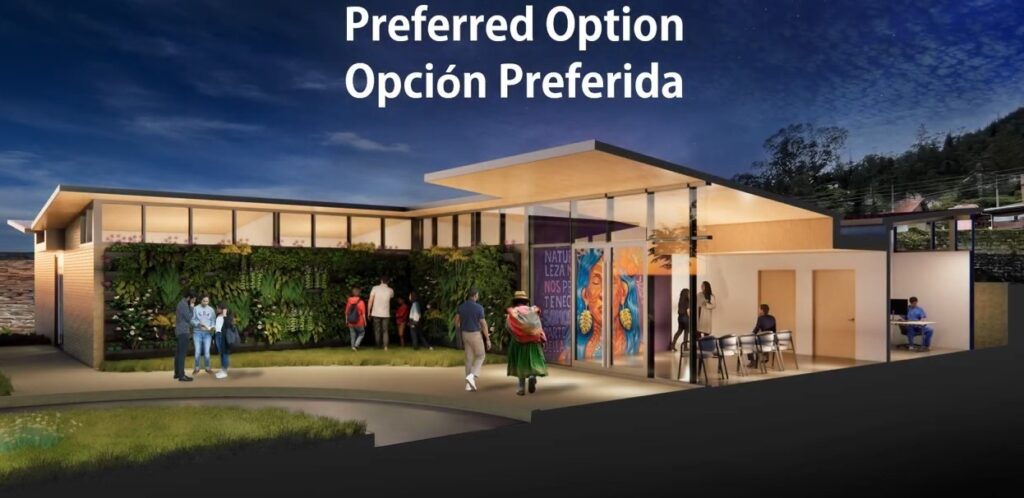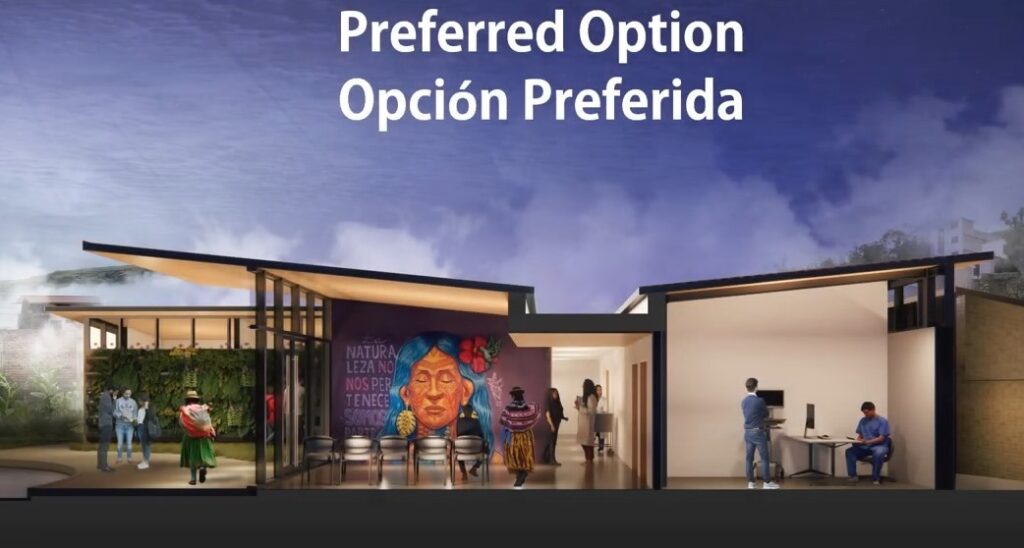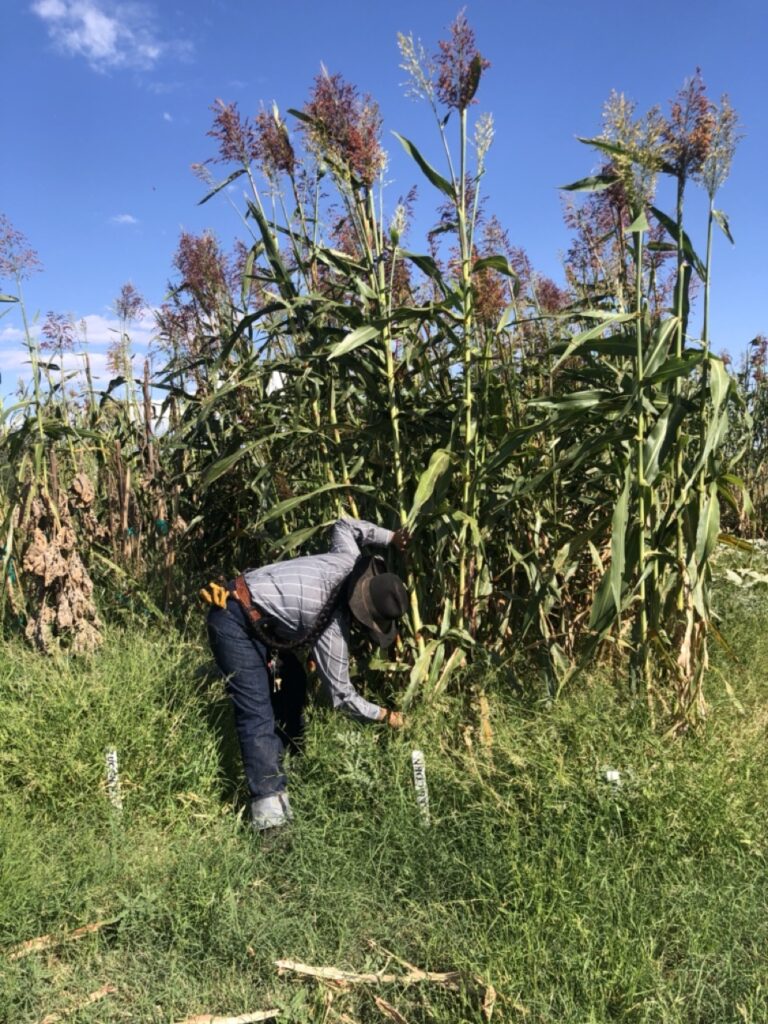Partnering with Indigenous Peoples: A Collaborative Path to Sustainable Infrastructure
Project Background

At Engineers Without Borders USA (EWB-USA), we recognize that partnerships built on trust, cultural understanding, and mutual respect are essential to creating lasting solutions. Many of our most successful collaborations are with indigenous communities worldwide, where we work side by side to develop critical infrastructure that meets the needs of both present and future generations. These partnerships highlight a collective approach that respects traditional knowledge, while also integrating modern engineering practices to improve access to water, energy, sanitation, and transportation.
Respecting Cultural Knowledge, Practices, and Wisdom
Indigenous communities possess a profound connection to their land and resources, often shaped by centuries of knowledge passed through generations. EWB-USA values this wisdom, understanding that successful infrastructure projects must not only address technical needs but also align with the community’s cultural, spiritual, and environmental priorities.
In many regions, indigenous peoples have developed sophisticated water management systems, agricultural techniques, and architectural designs that are perfectly suited to their environments. EWB-USA engineers engage with these communities to ensure that modern solutions complement, rather than replace, their existing practices. This collaboration enhances the sustainability and resilience of the infrastructure we help build.
Community-Led Development
At the heart of EWB-USA’s work with all our partner communities is the principle of community-led development. We do not impose one-size-fits-all solutions. Instead, we listen to the community members, learn about their needs, and co-create solutions that reflect their aspirations. This approach ensures that the infrastructure is not only functional but also genuinely owned and maintained by the community long after our involvement.
Project Highlight – Community Healthcare Center in Alausi, Ecuador
Alausi, Ecuador is a small town about 7 hours south of Quito. The healthcare facilities in Alausi serve a large population of indigenous peoples from the surrounding mountains. Their culture goes back to 7,000 BC and includes the Caras, Cañari, and the Palta peoples. Their approach to healthcare involves traditional healers and local medicinal plants delivered in a homecare setting.
For the local community to feel more comfortable at the clinic, and more likely to seek medical care, EWB – USA is incorporating into the entry to the building a hanging garden of medicinal plants and herbs, the same plants that they have been using for thousands of years in their own medicine.

Once inside the building the patients will see a mural of Pachamama an Earth Mother goddess who presides over planting and harvesting and embodies the mountains. These additions will create an ambience of the mountain culture and encourage participation.

Project Spotlight: The Community Engineering Corps and Nalwoodi Denzhone Community
Infrastructure’s influence extends beyond roads and bridges, deeply affecting essential aspects of community well-being, such as food security. A compelling example of this is the partnership between Engineers Without Borders USA (EWB-USA), the University of Arizona chapter, and the Nalwoodi Denzhone Community (NDC) of the San Carlos Apache Tribe. This collaboration seeks to address food insecurity while preserving cultural traditions through sustainable infrastructure projects.
The Nalwoodi Denzhone Community, founded in 2012, strives to revitalize the San Carlos Apache community by promoting the cultivation of traditional crops and improving water infrastructure. EWB-USA’s support, through the Community Engineering Corps, has been instrumental in enhancing agricultural development through well improvements and irrigation systems, fostering access to healthy, culturally significant foods. Together, these efforts reflect the transformative impact of engineering expertise in building stronger, more resilient communities.

Building Trust through Long-Term Engagement
One of the challenges in working with indigenous communities is overcoming the mistrust that can result from a history of exploitation or neglect. EWB-USA is committed to building genuine, long-term relationships based on transparency and mutual respect. This begins with understanding the community’s history, challenges, and values, and it continues through ongoing dialogue and collaboration throughout the project’s lifecycle.
Sustainable Solutions for Future Generations
The resilience of indigenous communities in the face of global challenges like climate change is a testament to the value of their traditional knowledge. EWB-USA sees its role not only in providing technical expertise but also in creating infrastructure that equips these communities to thrive in a rapidly changing world. Whether it’s implementing solar-powered water systems, building flood-resistant housing, or designing efficient transportation networks, we are committed to ensuring that our projects strengthen the long-term sustainability and self-sufficiency of indigenous peoples.
The collaboration between Engineers Without Borders USA and indigenous communities worldwide and in the United States is a testament to the power of partnership. By combining modern engineering with the deep cultural knowledge of indigenous peoples, we are able to co-create infrastructure that is resilient, sustainable, and tailored to the unique needs of each community. In every project, EWB-USA aims not just to build structures, but to build trust, respect, and a shared future rooted in mutual learning and collaboration. Through this approach, we are working to ensure that indigenous communities have the infrastructure they need to flourish while preserving their cultural heritage for generations to come.


